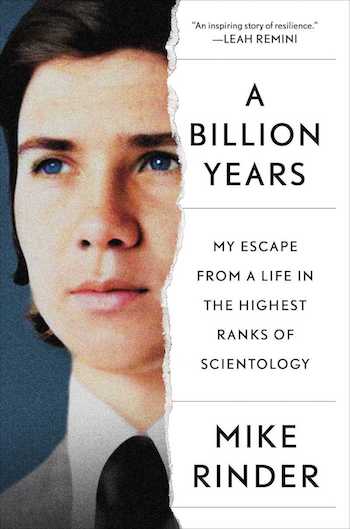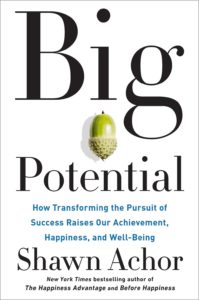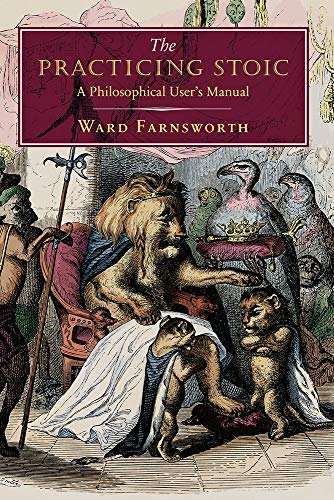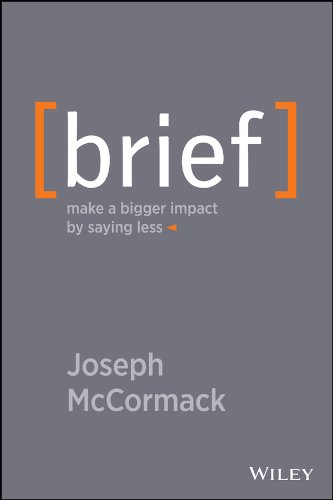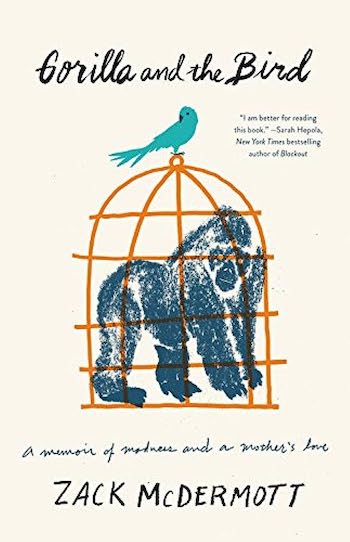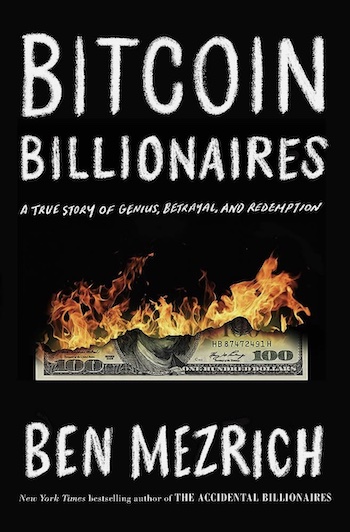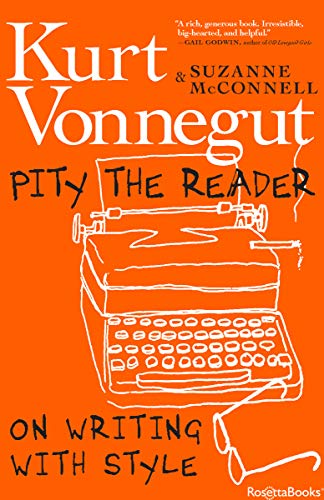7 Incredible Nonfiction Books You’ve (Probably) Never Heard About

Just like everyone else, I spend a lot of time reading bestsellers. (They’re bestsellers for a reason, right?) But it’s important to remember there are countless books that haven’t sold millions of copies that are also mind-blowingly good.
Here are a few of my favorite nonfiction books that you won’t find on many bestseller lists:
This book came out last September, and I’m surprised I haven’t heard more about it. After high school, Mike Rinder signed a “billion-year contract” to join the highest echelons of Scientology, then worked his way up to one of its highest roles — where he stayed until he escaped the organization at age 52. This book is his tell-all of what goes on within Scientology.
It’s a fast-paced story about wining & dining celebrities, serving a narcissistic psychopath leader, covering up numerous scandals, then finally running away to start over. Fascinating book.
You may be familiar with Shawn Achor from his earlier book The Happiness Advantage. I had the chance to hear him speak at a conference several years ago, and I was enthralled. He packs more insights per minute into his speeches than anyone I’ve ever heard, and his books are no different.
In Big Potential, Achor explains that our society has a flawed perspective on competition, stress, praise, and leadership. He has a lot of data to back up his assertions, including research he conducted at Harvard. It’s one of the most inspiring books I’ve read in a while, and it’s packed with advice you can build a career on.
If you keep hearing people talk about Stoic philosophy and you’ve been wondering what the buzz is all about, start here. Farnsworth compiles hundreds of short snippets of wisdom from Seneca, Epictetus, Marcus Aurelius, and other brilliant minds to present a high-level overview of Stoicism.
I love this book so much that it’s been my most gifted book of the past couple of years, and everyone I know who’s read it has enjoyed it.
Brief is a graduate-level class in communication packaged inside a tiny book. McCormack explains how to get people’s attention in our ever-distracted world. (Hint: The key is to say less — not more.)
I love authors who practice what they preach within the book itself, and McCormack embodies that. Each chapter of Brief is written with the structure he encourages you to follow with your own communication.
You’ve probably heard of memoirs like Brain on Fire, Manic: A Memoir, or An Unquiet Mind that catalog the author’s descent into mental illness. McDermott’s memoir is a lesser-known yet fantastic story about how an intelligent lawyer suddenly became convinced that his life was being filmed, a la The Truman Show.
Gorilla and the Bird runs the gauntlet of emotions: humor, sadness, despair, love, etc. It’s a story of a mother’s love for her son and a son’s struggle with bipolar disorder and psychosis. McDermott’s writing is simultaneously gripping and heartfelt — a powerful combo.
Mezrich is known for writing the books that inspired the movies The Social Network and 21. Even though a couple of his books blew up and became super popular, this one seemed to slip through the cracks. It’s the story of what happened to the Winklevoss twins after they got screwed over by Mark Zuckerberg. Turns out, they didn’t do so bad. They founded an asset management company and a cryptocurrency exchange, and they’re now both billionaires.
Bitcoin Billionaires explores their second rise to power and delves into the weird world of cryptocurrency. (This was the first book that helped me actually understand crypto.) Mezrich has a gift for explaining complex ideas in a simple way, and he uses those powers to unpack Bitcoin and blockchain in this fascinating book.
Few people are brave enough or absurd enough to write an anti-war novel infused with a sci-fi story about a man traveling through time and meeting creatures from another planet. And yet, that’s exactly what Kurt Vonnegut did in Slaughterhouse-Five.
Vonnegut wasn’t afraid to be different, and the result was fictional masterpieces that stimulated conversation, controversy, and celebrity. Thankfully, he passed on his writing legacy to students like Suzanne McConnell, who memorialized her teacher’s advice in Pity the Reader. If you’ve ever wanted to become a better writer while also learning more about the life of one of the greats, this is your book.
Bestsellers are great, but it’s often fun to dive into lesser-known books to dredge up insights that few people are talking about.
As Haruki Murakami once said, “If you only read the books that everyone else is reading, you can only think what everyone else is thinking.”
